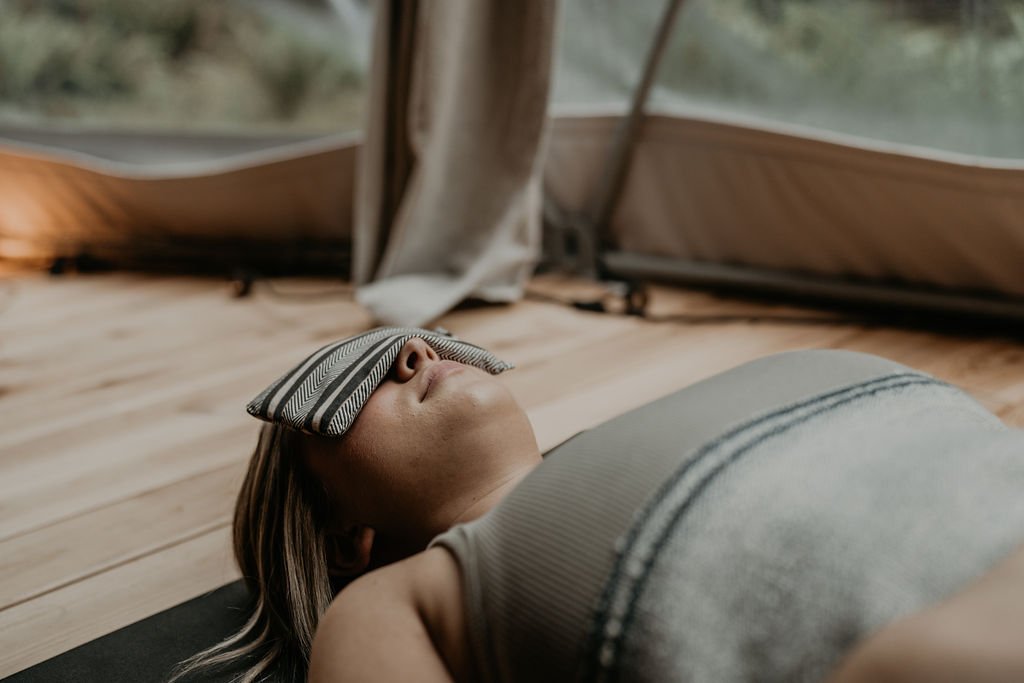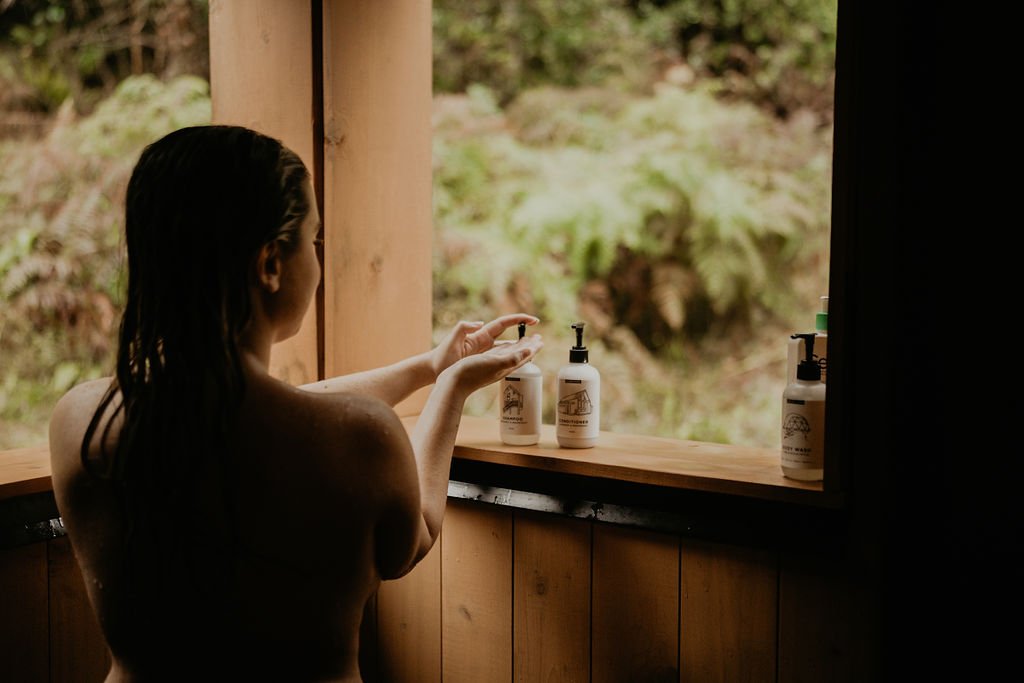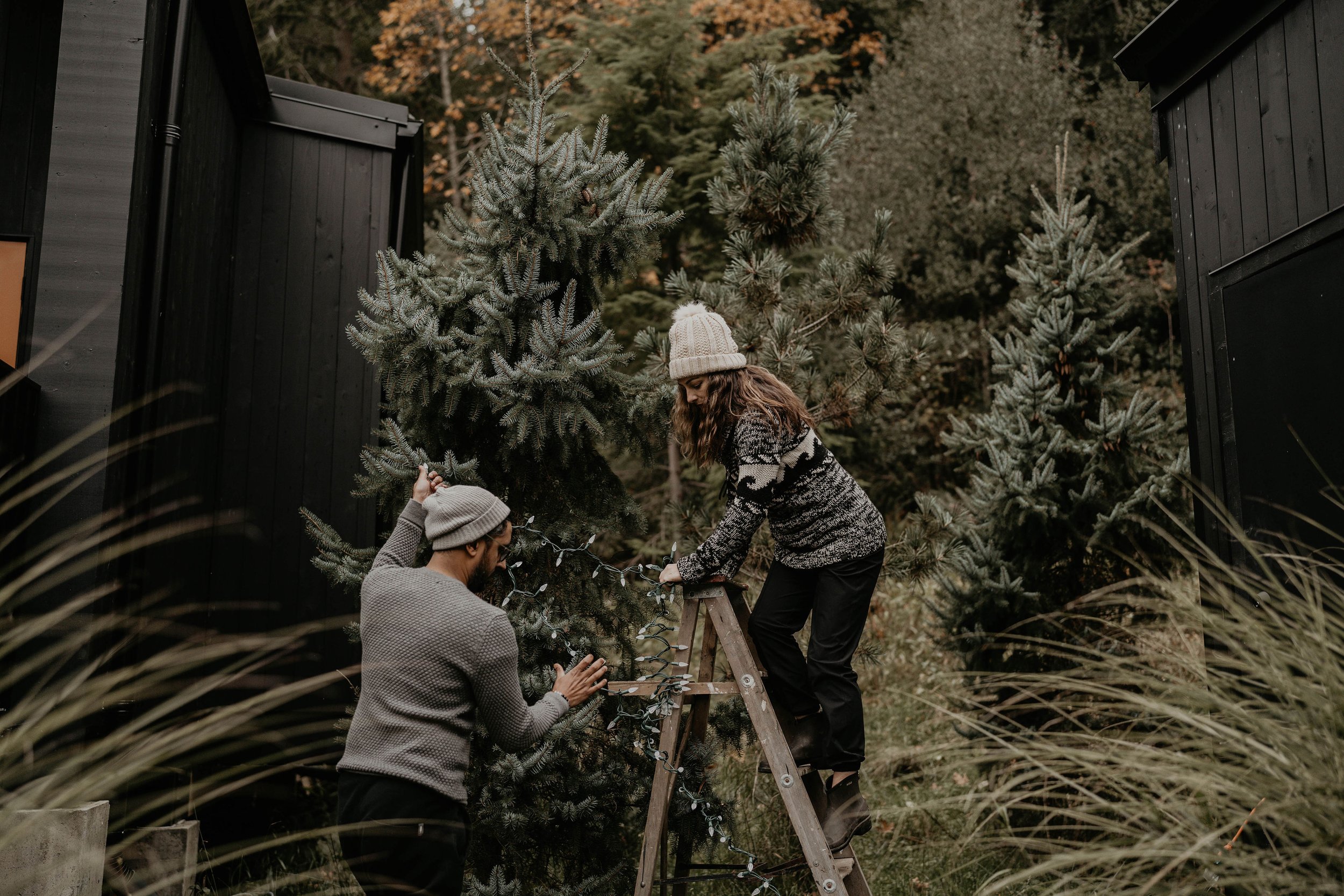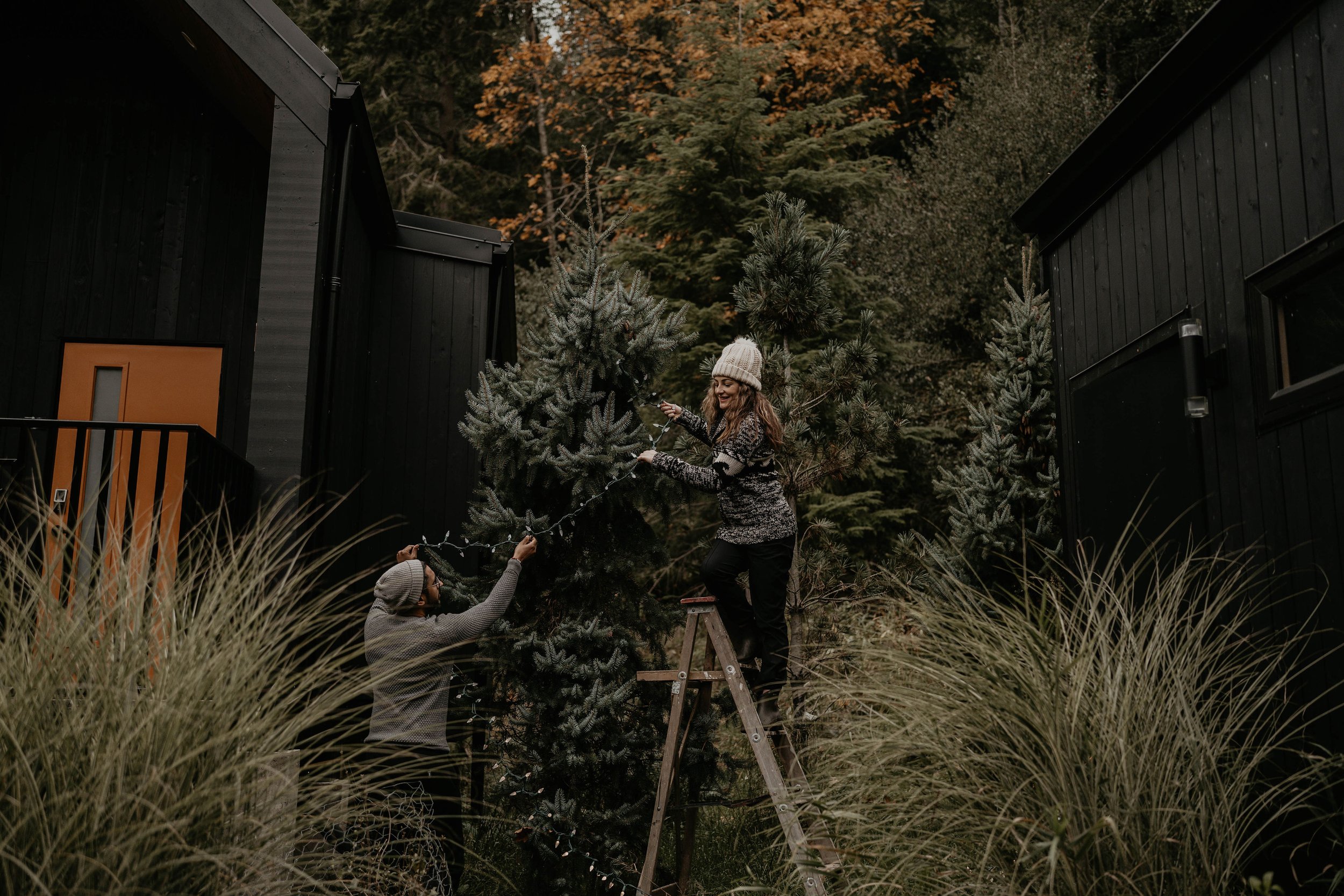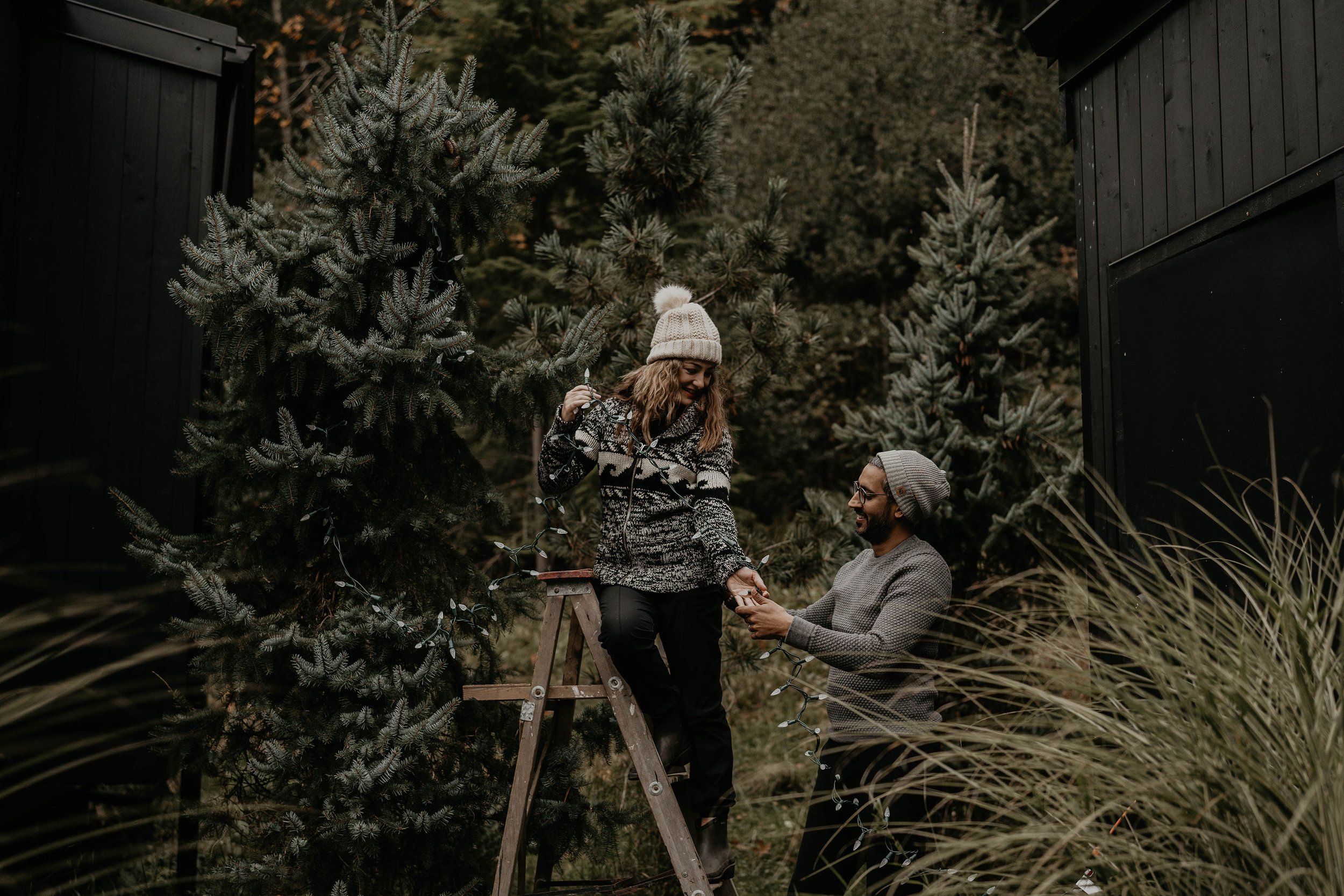When it comes to attending the celebrations of the season, keep coming back to your inner awareness and intuition.
It’s common (and understandable) to want to attend every party and see everyone who is in town visiting, the various options of people to see and places to go that comes with the holidays can feel like a beautifully laid-out buffet with that similar appeals to sample everything.
Over-indulging in parties (and the array of foods they typically include) generally result in feeling tired or unwell. Our intuition often reminds us that the best approach is to select what you really enjoy and leave the rest to try next time; we fare better when we honour our inner wisdom.
When it comes to invitations for holiday events, be intentional with who you say yes to, and be liberal with grateful declines. Gift yourself the time and space of the presence of people and experiences that fully nourish you.
Some tools to bring along to the events you do attend:
*via Dr. Marlynn Wei, M.D., J.D.
Practice active listening. It’s easy to tune out during holiday gatherings, but try being attentive by using active listening. Try to understand the complete message that people are conveying—not just through their words, but also through their actions as well as body language. It’s a rewarding practice when we notice just how much more we can observe and hear. [If you’re feeling over-stimulated, give yourself permission to excuse yourself and take a moment to recalibrate with some favourite affirmations, or a quick breathwork practice.]
Active listening works best when distractions are minimized, there is much value in putting away the smartphone, turning off the TV, and even turning down the music so that you can hear what people are saying via their whole beings.
Be open to the emotions of others. By being attentive and receptive to the people around us, we are invited to increase our ability to connect. Observe how people are feeling during the holidays, and be open to communication of those feelings.
Be open to a range of emotions in yourself. Holidays can bring up a whole host of different emotions—and not all of them happy or celebratory. For many, the holidays can be reminders of loss, grief or feelings of loneliness. If you experience these difficult feelings, especially when loved ones are absent, allow yourself to make space and acknowledge whatever emotions come up for you rather than try to get rid of them. Healing comes through acceptance.
Let go of old habits or patterns that might be holding you back. Holidays come with traditions and memories but, sometimes, old patterns can perpetuate negativity. It’s easy to fall into familiar patterns. When knee-jerk reactions surface, notice them, and try to be curious about what is happening, rather than being stuck in thoughts or feelings you might be carrying from the past. This opens the possibility of a new experience in your interactions and can reduce feelings like frustration, overwhelm, or boredom for you.
Expand how you communicate care. The holidays often means gift-giving for many cultures, though there are many other ways of showing that you care. Explore how you show your care by asking yourself questions before buying something: What are you trying to communicate through a gift? Are there additional ways to show that feeling or care, such as spending quality time, expressing how you feel about them directly, or doing something nice and supportive?
Let go of judgment—both for yourself and others. Conflict with family and friends during the holidays can lead to judgment and self-criticism. Whether you catch yourself feeling resentful or feeling disappointed, notice when you’re making judgments. Take a step back and try to loosen those feelings of being “bad,” “wrong,” or “inadequate.” Even if it’s hard to let go of criticism completely, simply notice when it is happening and let those thoughts be without entangling yourself in them to give yourself perspective and insight that can ultimately shift you.
Balance the “shoulds” with awareness of your own needs. Holiday obligations can be important but be sure to balance them with awareness of your own needs. Operating on obligations alone, and trying to please everyone’s expectations can lead to resentment and burnout. Rather than focus solely on planning the perfect dinner or finding the perfect gift, observe how these expectations affect you. It may not always be realistic to approach this perfectly, but any small step can have a positive impact.
Practice self-compassion. During a busy holiday season, don’t forget to take care of yourself, and be kind to yourself. Commit to regular sleep and exercise, and take time to do relaxing or fun things so that you can recharge. Taking care of yourself allows you to be able to be more attentive and calmer when you’re with others during the holidays. You may even find that when you take care of yourself, you experience the gift of the season in a fuller, more embodied way.



